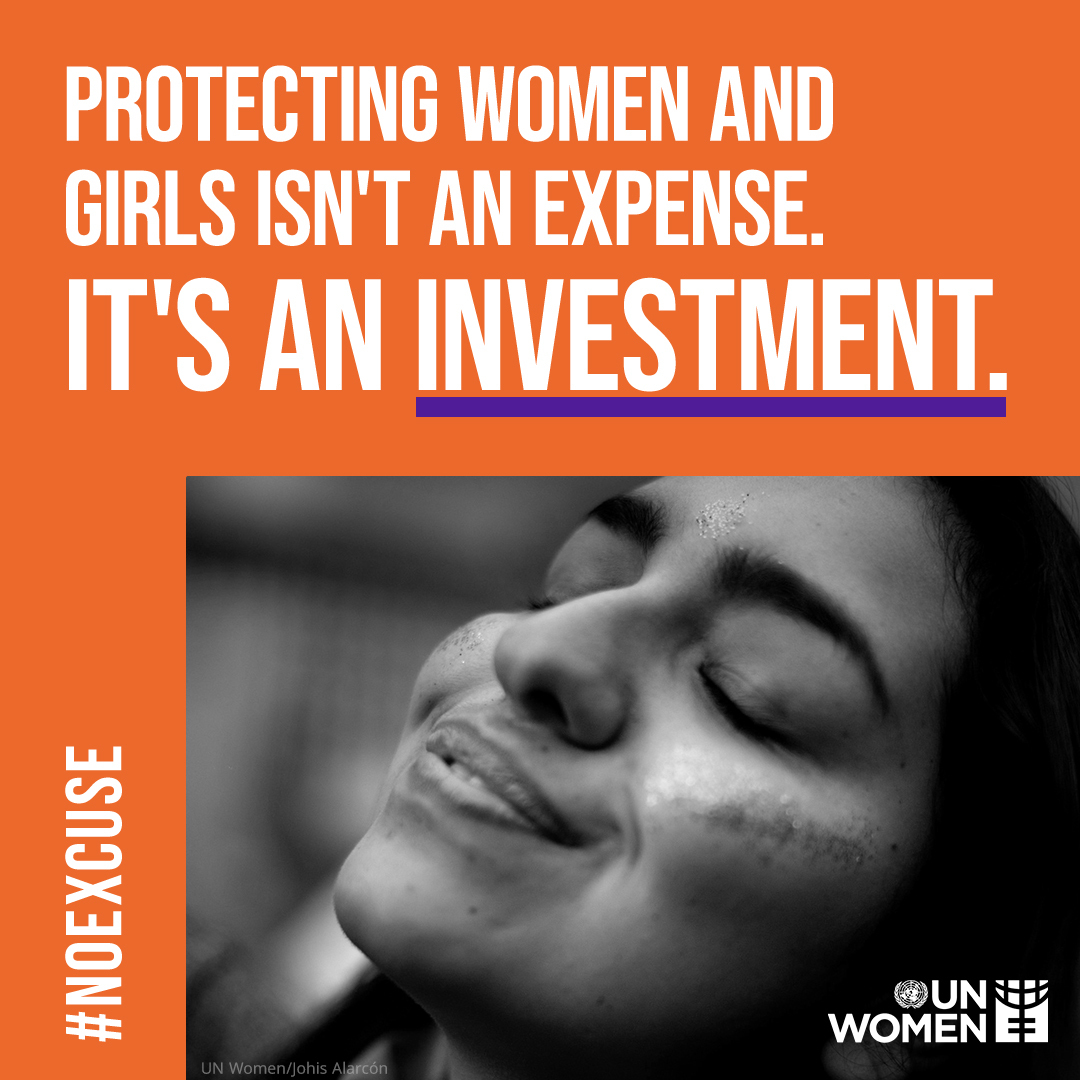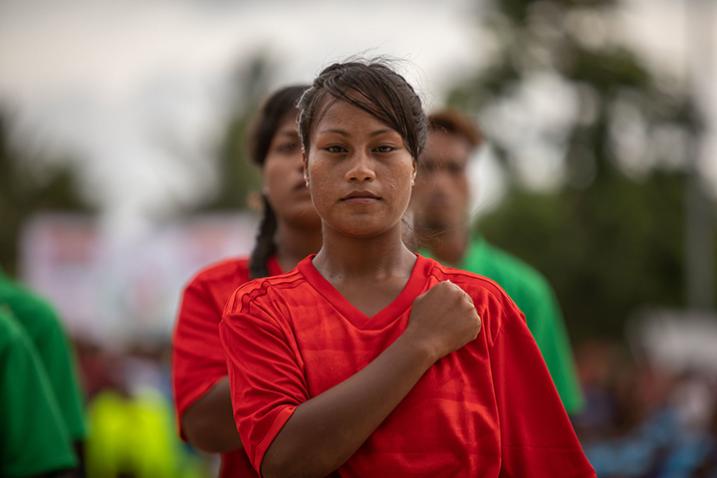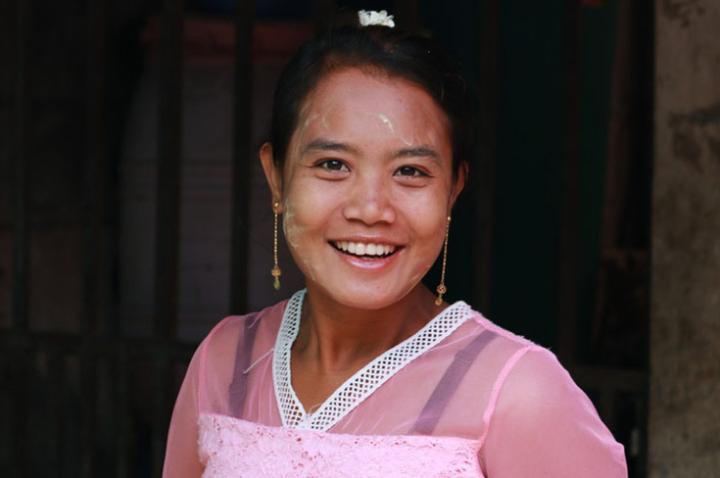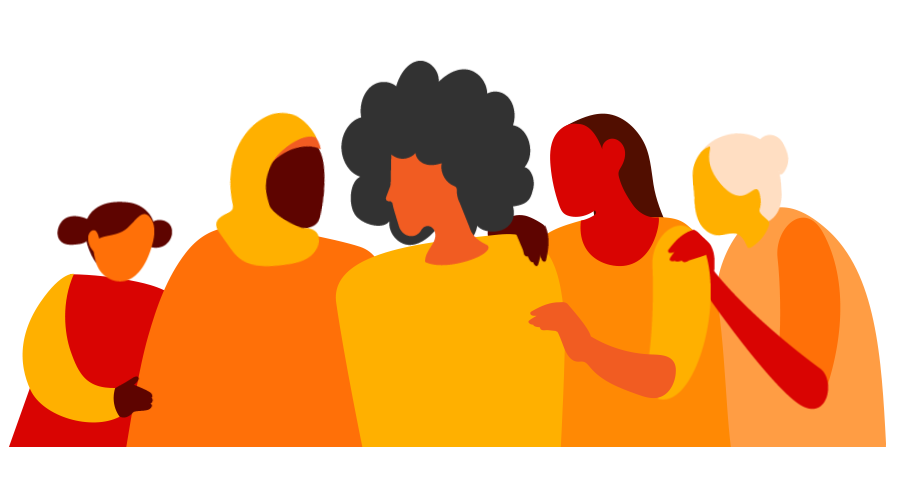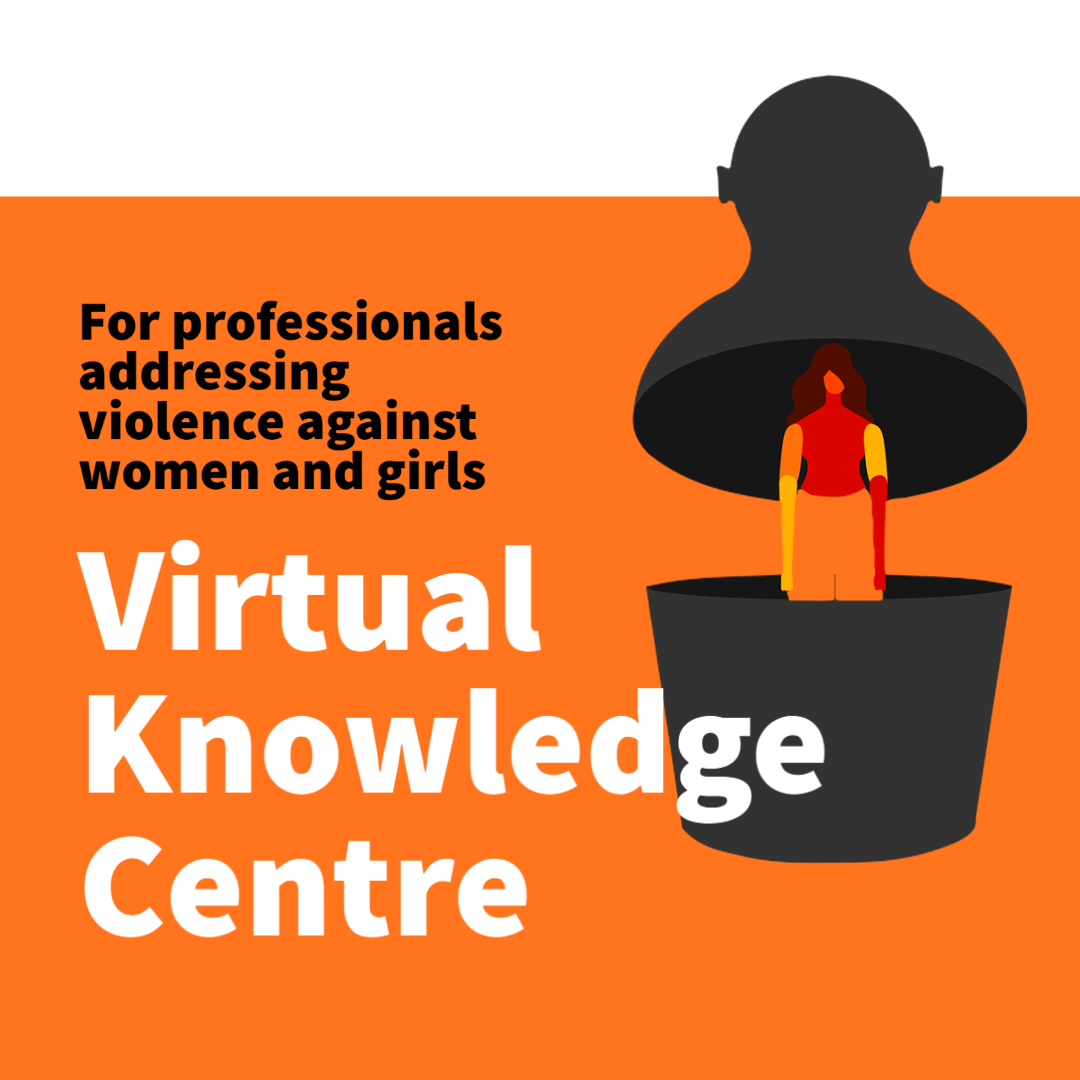
International Day for the Elimination of Violence against Women - 25 November
UNiTE! Invest to Prevent Violence Against Women & Girls! #No Excuse
Violence against women and girls remains one of the most prevalent and pervasive human rights violations in the world. Globally, an estimated 736 million women — almost one in three — have been subjected to physical and/or sexual intimate partner violence, non-partner sexual violence, or both, at least once in their life.
This scourge has intensified in different settings, including the workplace and online spaces, and has been exacerbated by post-pandemic effects, conflicts, and climate change.
The solution lies in robust responses, including investment in prevention. However, alarmingly, data on how much nations are committing to counteract violence against women and girls remains glaringly sparse.
For instance, just 5% of government aid is focused on tackling violence against women and girls, and less than 0.2% is directed to its prevention.
We need more investment in women’s organizations, better legislation, prosecution of perpetrators, more services for survivors, and training for law enforcement officials.
Join our 16 days of activism
The International Day for the Elimination of Violence Against Women will mark the launch of the UNiTE campaign (Nov 25- Dec 10) — an initiative of 16 days of activism concluding on the day that commemorates the International Human Rights Day (10 December).
This 2023 campaign Invest to Prevent Violence against Women & Girls will call on citizens to show how much they care about ending violence against women and girls and call on governments worldwide to share how they are investing in gender-based violence prevention. Join the global movement with the #NoExcuse slogan calling for urgent investments to prevent violence against women and girls.
UN Women’s action kit
Be a voice for survivors and for associations and movements that fight for women's rights. We can all do something to empower survivors and prevent and reduce gender-based violence. Use UN Women's social media materials and become an activist.
Why we must eliminate violence against women
Violence against women and girls (VAWG) remains largely unreported due to the impunity, silence, stigma and shame surrounding it.
In general terms, it manifests itself in physical, sexual and psychological forms, encompassing:
- intimate partner violence (battering, psychological abuse, marital rape, femicide);
- sexual violence and harassment (rape, forced sexual acts, unwanted sexual advances, child sexual abuse, forced marriage, street harassment, stalking, cyber- harassment);
- human trafficking (slavery, sexual exploitation);
- female genital mutilation; and
- child marriage.
To further clarify, the Declaration on the Elimination of Violence Against Women issued by the UN General Assembly in 1993, defines violence against women as “any act of gender-based violence that results in, or is likely to result in, physical, sexual or psychological harm or suffering to women, including threats of such acts, coercion or arbitrary deprivation of liberty, whether occurring in public or in private life.”
The adverse psychological, sexual and reproductive health consequences of VAWG affect women at all stages of their life. For example, early-set educational disadvantages not only represent the primary obstacle to universal schooling and the right to education for girls; down the line they are also to blame for restricting access to higher education and even translate into limited opportunities for women in the labour market.
While gender-based violence can happen to anyone, anywhere, some women and girls are particularly vulnerable - for instance, young girls and older women, women who identify as lesbian, bisexual, transgender or intersex, migrants and refugees, indigenous women and ethnic minorities, or women and girls living with HIV and disabilities, and those living through humanitarian crises.
Violence against women continues to be an obstacle to achieving equality, development, peace as well as to the fulfillment of women and girls’ human rights. All in all, the promise of the Sustainable Development Goals (SDGs) - to leave no one behind - cannot be fulfilled without putting an end to violence against women and girls.
This article has been published in United Nations' site through this link: International Day for the Elimination of Violence against Women | United Nations (https://www.un.org/en/observances/ending-violence-against-women-day)
The availability of data on gender violence has improved substantially and there is currently information from at least 161 countries. The United Nations Population Fund (UNFPA) and UN Women are working to draw conclusions from these figures. Visit the UNFPA multimedia website, with data classified by country, as well as UN Women facts, obtained through its Global Database to end gender violence.
Join us on a new, global, multi-year initiative focused on eliminating all forms of violence against women and girls, The Spotlight Initiative.
The program’s results last year were outstanding: 22% increase in prosecution of perpetrators; eighty-four laws and policies were passed or strengthened; and more than 650,000 women and girls were able to access gender-based violence services, despite restrictions related to the pandemic.
Read more: Leaving no one behind
- More than five women or girls are killed every hour by someone in their own family.
- Almost one in three women have been subjected to physical and/or sexual violence at least once in their life.
- 86% of women and girls live in countries without legal protections against gender-based violence.
Source: More data from UN Women
You are not alone
Have you experienced abuse and need help? If you have felt threatened, unsafe or need assistance, please see the list of country help lines.

